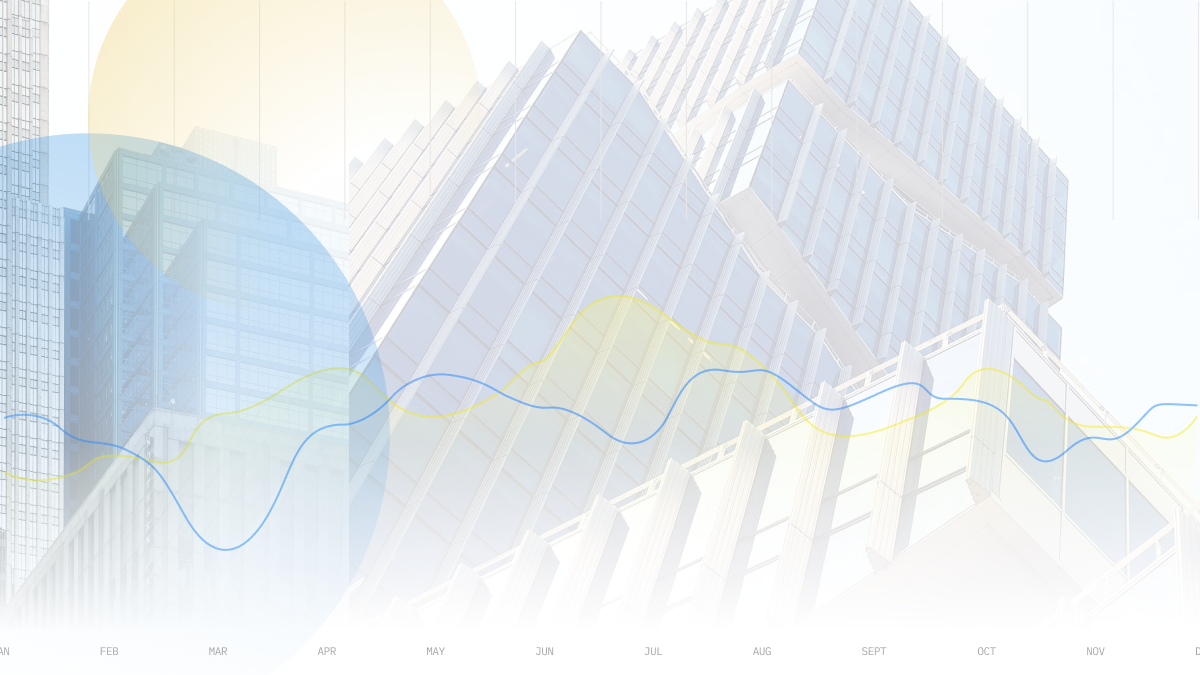




Policy Rate Updates: BSP outlook — cloudy with a chance of rate cut
 DOWNLOAD
DOWNLOAD

January Economic Update: Growth slows, prices rise
 DOWNLOAD
DOWNLOAD

Inflation Update: Up, up, and away?
 DOWNLOAD
DOWNLOAD



Group seeks to bar Marcos’s son from Philippines presidential election
MANILA, Nov 2 (Reuters) – A group of individuals who opposed the dictatorship of late Philippines strongman Ferdinand Marcos sought on Tuesday to block his son’s 2022 presidential bid, saying a two-decade-old conviction for tax evasion disqualified him from the race.
In a 57-page petition filed with the poll body, the group representing political detainees, human rights and medical organisations argued that Marcos’s only son is not eligible to run for any public office as he is a “convicted criminal”.
The office of Ferdinand Marcos Jr, who declared on Oct. 5 that he would run for president, did not immediately respond to a request for comment. He is one of several politicians – including former boxing champion Manny Pacquiao and Vice President Leni Robredo – hoping to succeed Rodrigo Duterte, who cannot seek re-election.
His planned candidacy has angered victims of his father’s brutal rule of almost two decades, which ended when Marcos was overthrown in 1986.
“He did not only fail to file his income tax return once, but for four consecutive years, continuously violating the laws that he swore to protect and uphold. This shows moral depravity and abuse of power,” the petition said.
A trial court convicted the younger Marcos of tax evasion in 1995 for failing to file his income tax returns from 1982 to 1985. The conviction was upheld by the Court of Appeals in 1997.
Since his family’s return from exile after fleeing the “people power” uprising, Marcos has been elected Ilocos Norte governor, congressman, and in 2010, as a senator.
He ran for vice president in 2016, but lost by a small margin in a contest he claimed was rigged. He filed a case in the Supreme Court to overturn the results but the judges ruled against him.
Marcos came second to Duterte’s daughter, Sara Duterte-Carpio, in the latest opinion poll of preferred presidential candidates, suggesting he may have a shot at the presidency.
Announcing his plan to run, Marcos, 64, offered “unifying” leadership to help the country heal from the COVID-19 pandemic and economic crises.
(Reporting by Karen Lema; Editing by Catherine Evans)
((karen.lema@thomsonreuters.com; +632 841-8938;))
This article originally appeared on reuters.com





 By Reuters
By Reuters